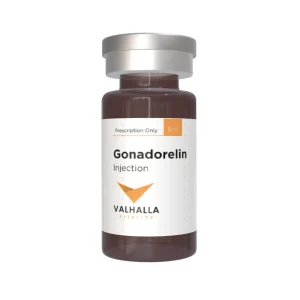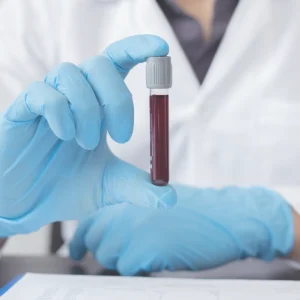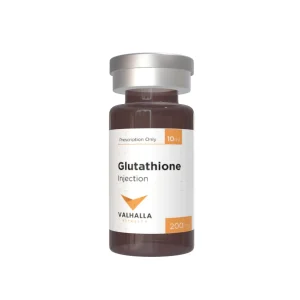Description
VIP, or vasoactive intestinal polypeptide, is an extraordinary neuropeptide with multiple functions in human physiology.
Neuromodulator and Neurotransmitter: As a neuromodulator, VIP subtly adjusts neural activity. As a neurotransmitter, it directly sends signals between nerve cells. These dual roles underscore its importance in the nervous system.
Potent Vasodilator: Vasodilation is one of the primary functions of VIP. This vasodilatory effect increases blood flow, ensuring optimal oxygen and nutrient delivery to various body parts.
VIP regulates multiple functions of the gastrointestinal tract, which is responsible for digestion and nutrient assimilation. VIP modulates the contractions of smooth muscles in the intestines, the secretion of fluids by epithelial cells, and the blood flow within the gut. This regulation is essential for optimal digestion and nutrient absorption.
In VIP Treatment Settings:
VIP is naturally produced by the body, but its potential as a therapeutic agent has attracted considerable interest.
Biotoxin-Related Illnesses: One of the innovative applications of VIP is the treatment of patients with mold toxicity and other biotoxin-related illnesses. These conditions can inflict havoc on the immune system, hormonal balance, and brain function of an individual.
The nasal route is frequently adopted for the administration of VIP in therapeutic settings. VIP bypasses the digestive system when administered nasally, assuring a more direct and efficient delivery to the bloodstream.
VIP is a multifaceted treatment for patients with biotoxin-related ailments. It helps to normalize hormone levels, which toxins can disrupt. VIP has anti-inflammatory properties, reducing the inflammation that these substances can cause. In addition, VIP ensures that the body’s defense mechanisms function optimally by regulating the immune system. The peptide has shown promise in fostering brain healing, which is a boon for patients whose neural functions have been compromised by toxins.
The vasoactive intestinal polypeptide is not merely an ordinary molecule in the human body. Its diverse functions, ranging from the regulation of gastrointestinal functions to the potential treatment of biotoxin-related illnesses, make it a captivating area of study.
Book a consultation to speak to a provider about treatment options







